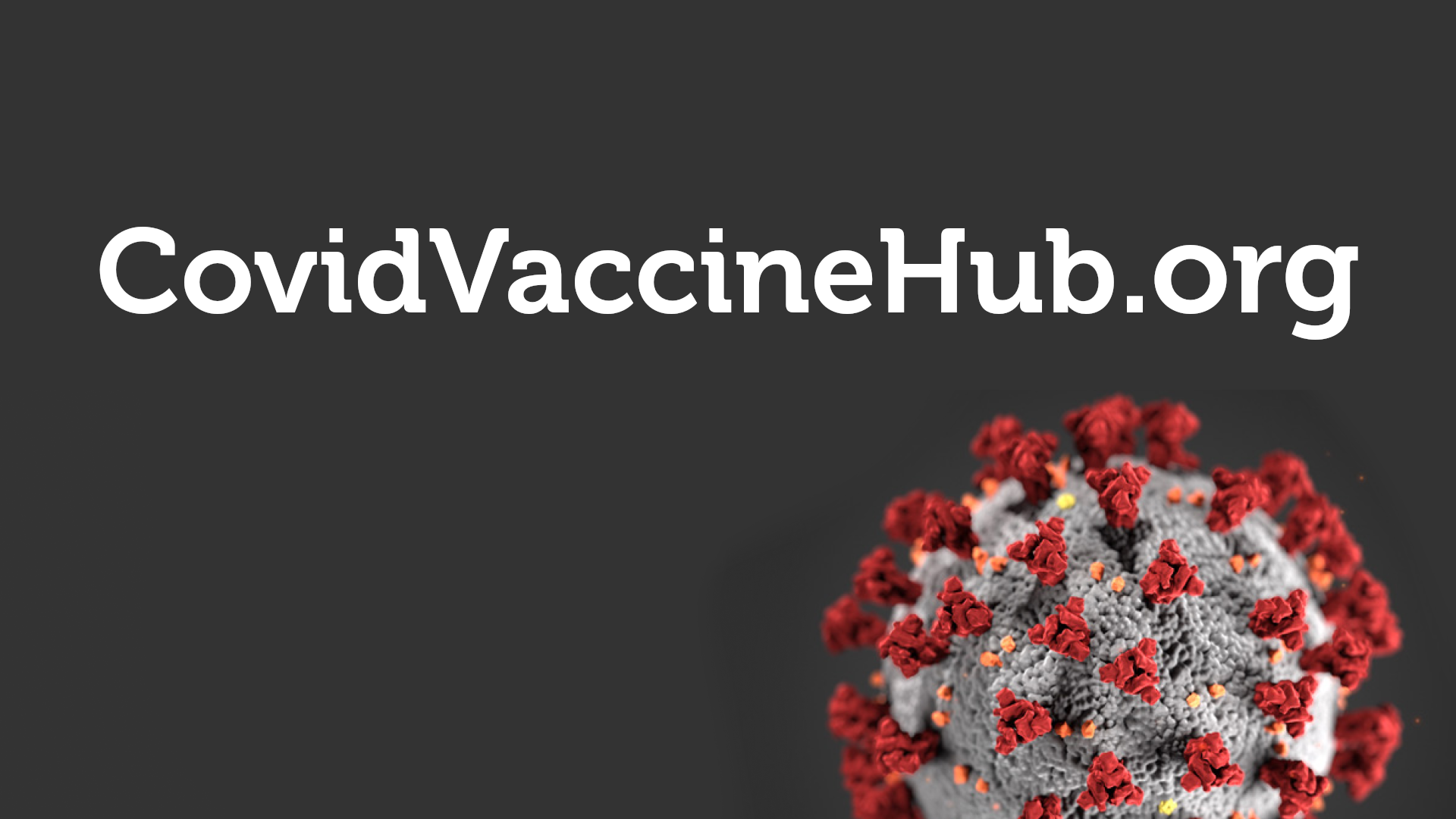Journalists and fact-checkers have a new tool in the fight against COVID-19 vaccine misinformation, with a dedicated support service thanks to a global alliance of Science Media Centres and public health experts.
The Covid-19 Vaccine Media Hub will be continuously updated with expert commentary, explainers and the latest research to help journalists, fact-checkers and communicators report on the science behind Covid-19 vaccines. A 24-hour service will also be offered soon to journalists and fact-checkers to help them with specific questions.
The Hub is supported by the Google News Initiative and will provide journalists and fact-checkers with a trusted source of evidence, and ready-to-help experts they can turn to as they report on the fast-evolving news around Covid-19 vaccines.
The Hub brings together information from multiple organisations including Science Media Centres in Australia, Germany, the UK, New Zealand, Africa, and North America, and global technology not-for-profit, Meedan. It is the first time these organisations have been able to work together in a comprehensive way to provide a truly global resource.
“In New Zealand, we’ve seen first-hand how excellent science communication can transform society’s response to a crisis,” said Dacia Herbulock, Director of the Science Media Centre NZ.
“As Covid-19 vaccine rollouts ramp up around the world, there is an overwhelming need for accessible, high quality and up-to-date information based on the latest scientific evidence,” she said.
“We are thrilled to contribute to this global collaboration that will make these resources available to journalists and fact checkers at the time when they need it most.”
The pandemic is a global problem that requires a global solution around vaccine information, said Dr Susannah Eliott, CEO of the Australian Science Media Centre,
“It makes a lot of sense for this international group of organisations to pool their knowledge and expertise to help journalists anywhere in the world.”
The Hub will help sort fact from fiction and will address areas where the science is still uncertain. Fiona Fox, Director of the UK Science Media Centre said there has never been a more important time for the public to have access to measured and accurate evidence about vaccines.
“Public worries about the safety of Covid-19 vaccines and tough questions about claims being made by vaccine producers are absolutely legitimate at a time when vaccines have been produced at such break-neck speed,” she said.
“But millions of lives and our collective ability to return to anything like normal life depend on the quality of answers we can get from science. The UK SMC is excited to be part of this new project which we hope will make it easier for journalists and fact checkers around the world to access the best science in a timely fashion and to use that to better inform public debate.”
The Covid-19 Vaccine Media Hub will be continuously updated with expert commentary, explainers and the latest research. Useful material will be translated into multiple languages and a 24-hour service will also soon be available to journalists and fact-checkers to help them with specific questions.
The Hub will be hosted by Meedan‘s Health Desk, which has been working since the pandemic began to make Covid-19 information accessible and deadline-friendly in a variety of languages. Award-winning journalist Megan Marrelli is the Health Desk News Lead:
“As a journalist myself it became clear when the pandemic hit that close collaboration with public health experts would be key to getting facts right in a way that’s both fast and responsible,” she said.
“That collaboration is even more necessary when it comes to vaccines.”
Support for the project comes from the Google News Initiative. Alexios Mantzarlis from the Initiative’s News Lab team said the Hub will be an invaluable tool to help journalists fulfil that crucial bridging role between the scientific community and the broader public.
“In turn, that should help combat misinformation about the immunization process and promote an evidence-based public discourse globally.”
Reaction to the launch from other contributing organisations:
Volker Stollorz, Science Media Center Germany:
“Many countries are waiting for COVID-19 vaccines and the numbers of different vaccines are increasing rapidly, so that even in Europe it remains challenging to find reliable, evidence-based knowledge. The Science Media Center Germany is therefore pleased to participate in an international collaboration to help answer journalists and fact-checkers questions from around the globe, when they can be answered with scientific expertise available to us.”
Rick Weiss, Director, SciLine:
“We at SciLine look forward to leveraging the relationships we’ve developed with hundreds of US scientists working in COVID-related disciplines by making resources based on those experts’ knowledge and insights available to the global community of journalists and fact checkers.”
Jim Handman, Science Media Centre of Canada:
“In these times of fake news, misinformation, disinformation and social media rumours, journalists need access to accurate, reliable, evidence-based information relating to Covid-19 vaccines. The Science Media Centre of Canada is pleased to be part of this global effort to address those concerns and provide journalists and fact-checkers with data and materials they can easily access and rely on.”
Nat Gyenes, Director, Digital Health Lab, Meedan:
“We’re at a moment in this pandemic where we’re reminded that a vaccine doesn’t save lives if it goes unused. Ensuring that eligible communities receive the vaccine involves addressing a variety of factors, ranging from availability of supplies to accessible, relevant, quality information. Pathways for public health experts and journalists, fact-checkers and community information leaders to collaborate closely, efficiently, and at the speed of newsroom deadlines is essential for addressing the health information inequity challenges that can impede vaccination efforts.”

